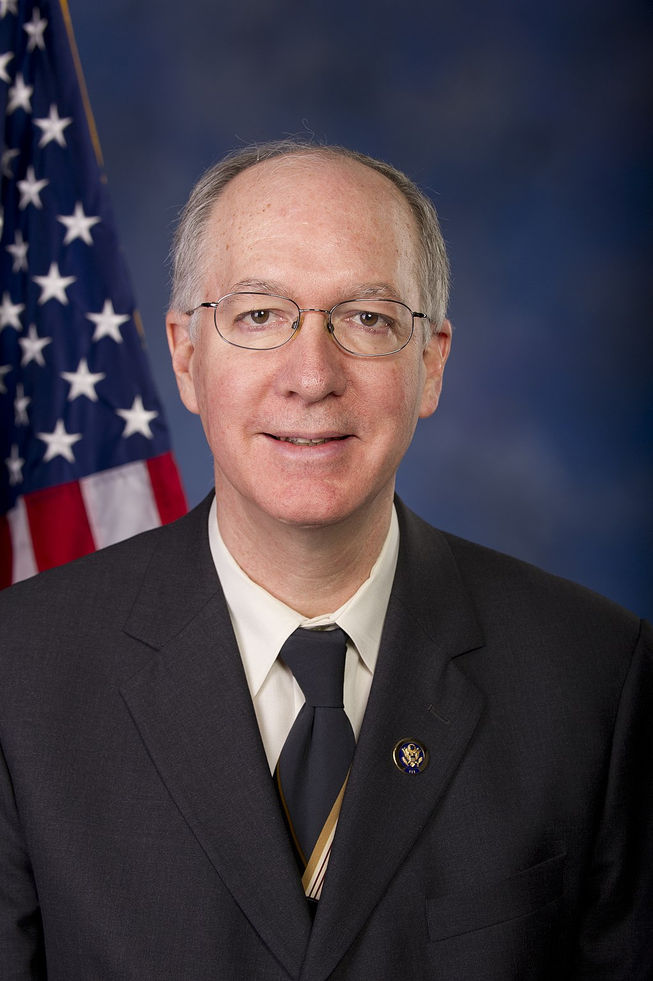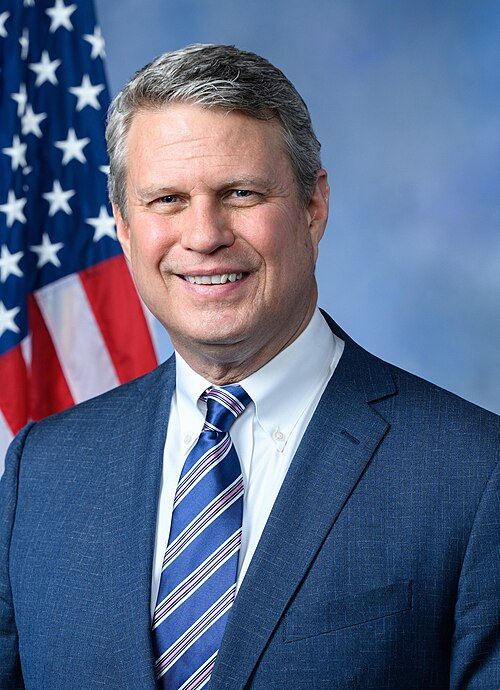H.R. 2504: The U.S.-European Nuclear Energy Cooperation Act of 2025
This bill, titled the U.S.-European Nuclear Energy Cooperation Act of 2025, aims to enhance collaboration between the United States and European countries in the nuclear energy sector while countering Russian influence. The main components of the bill are summarized below:
Purpose of the Bill
The bill mandates the Secretary of State to create a comprehensive strategy focused on strengthening U.S.-European nuclear energy cooperation and addressing Russian malign influence in the sector. This is especially relevant due to the security threats posed by Russia's actions in Ukraine and its established presence in the European energy market.
Background Findings
- The Russian invasion of Ukraine has raised significant concerns regarding energy security, affecting both the U.S. and Europe.
- Ukraine's energy infrastructure, including its nuclear power plants, is critical to its defense and stability.
- Russia has targeted energy infrastructure in Ukraine, and it currently controls key nuclear facilities, posing risks to European security.
- Russian nuclear technology and fuel services enhance its influence in Europe and impact U.S. and European energy independence.
- Russia plays a large role in the global uranium market, holding a substantial share of uranium conversion capacity.
Congressional Intent
The bill expresses the intent of Congress that:
- The U.S. should prioritize the use of American and allied nuclear technologies in countries developing nuclear power.
- Cooperation should focus on nonproliferation, safety, and security while building the nuclear industry in Europe to counter Russian and Chinese influence.
- The U.S. should continue developing small modular reactor technologies that offer safe and flexible nuclear power solutions.
Strategy Development
The Secretary of State, in coordination with relevant federal agencies, is required to develop a strategy that includes:
- An assessment of how to increase U.S. nuclear industry participation in Europe and improve the competitiveness of American and allied technologies.
- An overview of reactor types currently deployed or reviewed in Europe, and their potential to reduce Russian energy influence in the future.
- An analysis of different fuel cycles being considered in Europe, assessing their effectiveness in lessening Russian market share and ensuring energy security.
- A review of U.S. government-supported nuclear technologies and their potential to impact the nuclear market.
- A summary of the diplomatic efforts regarding nuclear energy in Europe.
- A detailed list of European countries with active nuclear programs and their policies, including existing cooperation with allies and influences from adversarial countries, particularly Russia and China.
- An overview of Russian and Chinese influence in Europe's nuclear sector and efforts by the U.S. and its allies to counteract this influence.
- An evaluation of how the U.S. manages its collaboration with allies while addressing competition in the nuclear sector.
- An assessment of Rosatom’s role in Russia's energy sector highlighting its strengths and vulnerabilities.
Funding Provisions
The bill authorizes $30 million per year from 2025 to 2029 to support initiatives aimed at strengthening nuclear energy cooperation in Europe, focusing on building capacity, early project support, and combating disinformation related to Russian influence.
Reporting Requirements
The strategy developed must be submitted to Congress no later than 120 days following the bill's enactment, ensuring that it is provided in an unclassified format, although classified information may be included separately.
Definitions Included in the Bill
Key terms defined in the bill include “low enriched uranium” and “high assay low enriched uranium,” both of which relate to the types of nuclear fuel used in reactors.
Relevant Companies
- NEE - NextEra Energy, as a significant player in the nuclear energy market, could be affected by shifts in U.S.-European nuclear energy cooperation.
- EXC - Exelon Corporation operates nuclear power facilities and may benefit from increased partnerships in Europe.
- DUK - Duke Energy is involved in nuclear energy and might align with new strategies for international cooperation.
This is an AI-generated summary of the bill text. There may be mistakes.
Sponsors
5 bill sponsors
Actions
2 actions
| Date | Action |
|---|---|
| Mar. 31, 2025 | Introduced in House |
| Mar. 31, 2025 | Referred to the House Committee on Foreign Affairs. |
Corporate Lobbying
0 companies lobbying
None found.
* Note that there can be significant delays in lobbying disclosures, and our data may be incomplete.





























